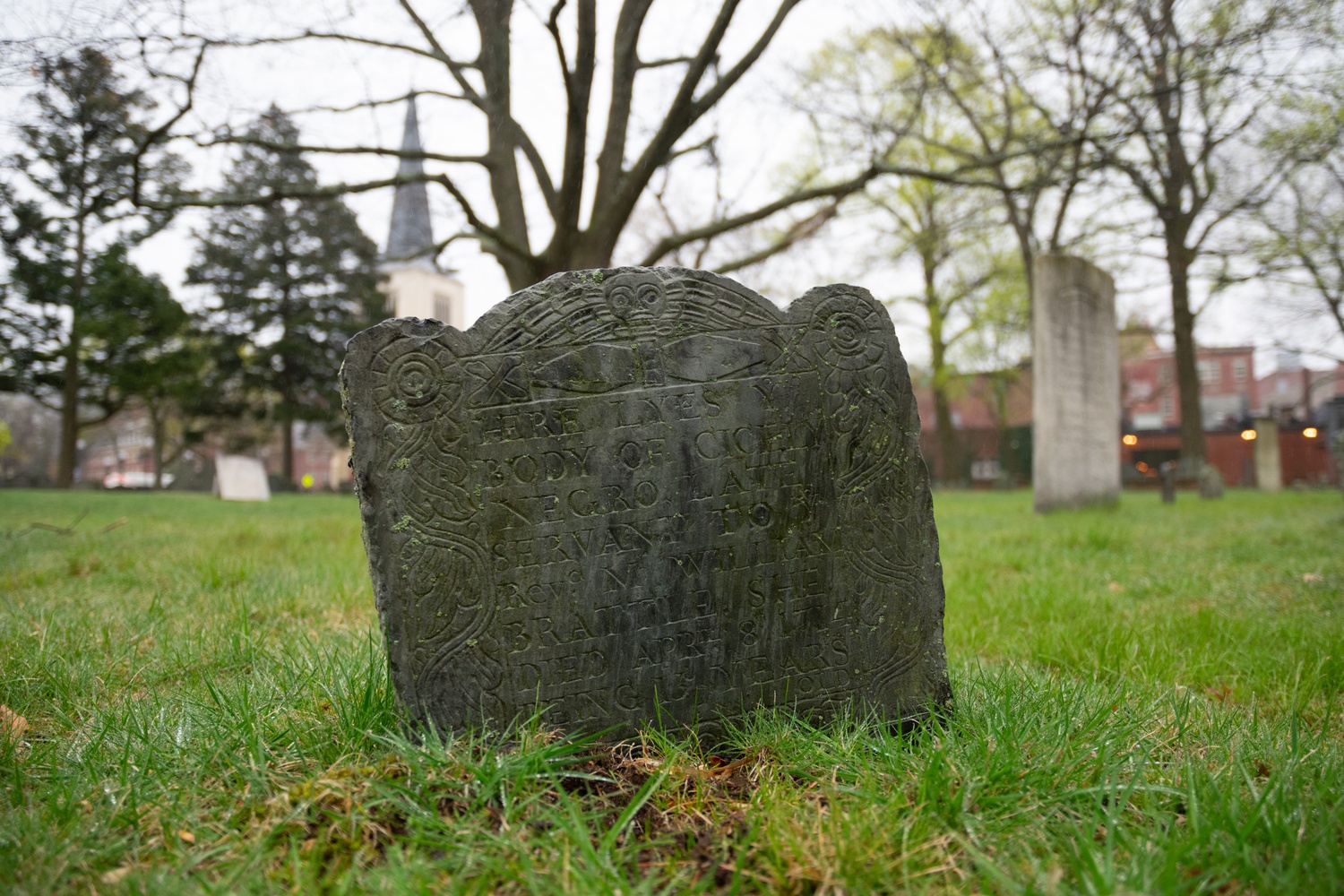
In Photos: Black History at Harvard
The Crimson looks back at photos of important moments in Black history at Harvard, from its founding to today.Carter G. Woodson was the second African-American, after W.E.B. Du Bois, to receive a Ph.D. degree from Harvard. In 1915, he created the Association for the Study of Negro Life and History (ASNLH). In 1926, he launched “Negro History Week,” which eventually expanded into Black History Month. Woodson is now widely considered as the “father of Black history.”
Saundra Graham, a local Cambridge activist, speaks into the microphone during a protest at Harvard's Commencement on June 11, 1970. She was joined by a dozen other activists protesting Treeland, Harvard’s planned graduate student housing complex in the Riverside neighborhood. Graham would go on to become the first Black woman on the Cambridge City Council, as well as the first Black woman to represent Cambridge in the state legislature.

On April 10, 1968, the Harvard-Radcliffe Association for African and Afro-American Students published an advertisement in The Crimson with four demands. Their advertisement came less than a week after the assassination of Martin Luther King Jr. and called for an endowed chair for a black professor, more courses pertaining to black students at Harvard, increased hiring of lowever black faculty, and demographically representative admission of black students.
The Hutchins center for African and African American Research was rebranded from the W. E. B. Du Bois Institute in 2013, and is dedicated to researching the culture and history of Africans worldwide. The Du Bois Institute was founded in 1975, six years after faculty approved students' demands to establish Afro-American Studies as a department. Today, the Hutchins center continues to support scholarly engagement in African and African American studies.The center publishes the Du Bois Review (DBR), an academic journal that provides a forum for increased understanding of race and society.
A headstone for Cicely — a Black woman who was enslaved by Harvard treasurer William Brattle, Class of 1722 — sits in Cambridge’s Old Burial Ground, located just to the West of Harvard Yard.
Noah Harris ‘22, center, was the first elected Black man student body president of the Undergraduate Council. Harris delivered the Senior English Address at the 371st Commencement in May 2022.
Faculty of Arts and Sciences Dean Claudine Gay was chosen to be Harvard’s 30th president, replacing Lawrence Bacow in June 2023. Gay, daughter of Haitian immigrants, will be the first person of color and second woman to serve as Harvard University president.






